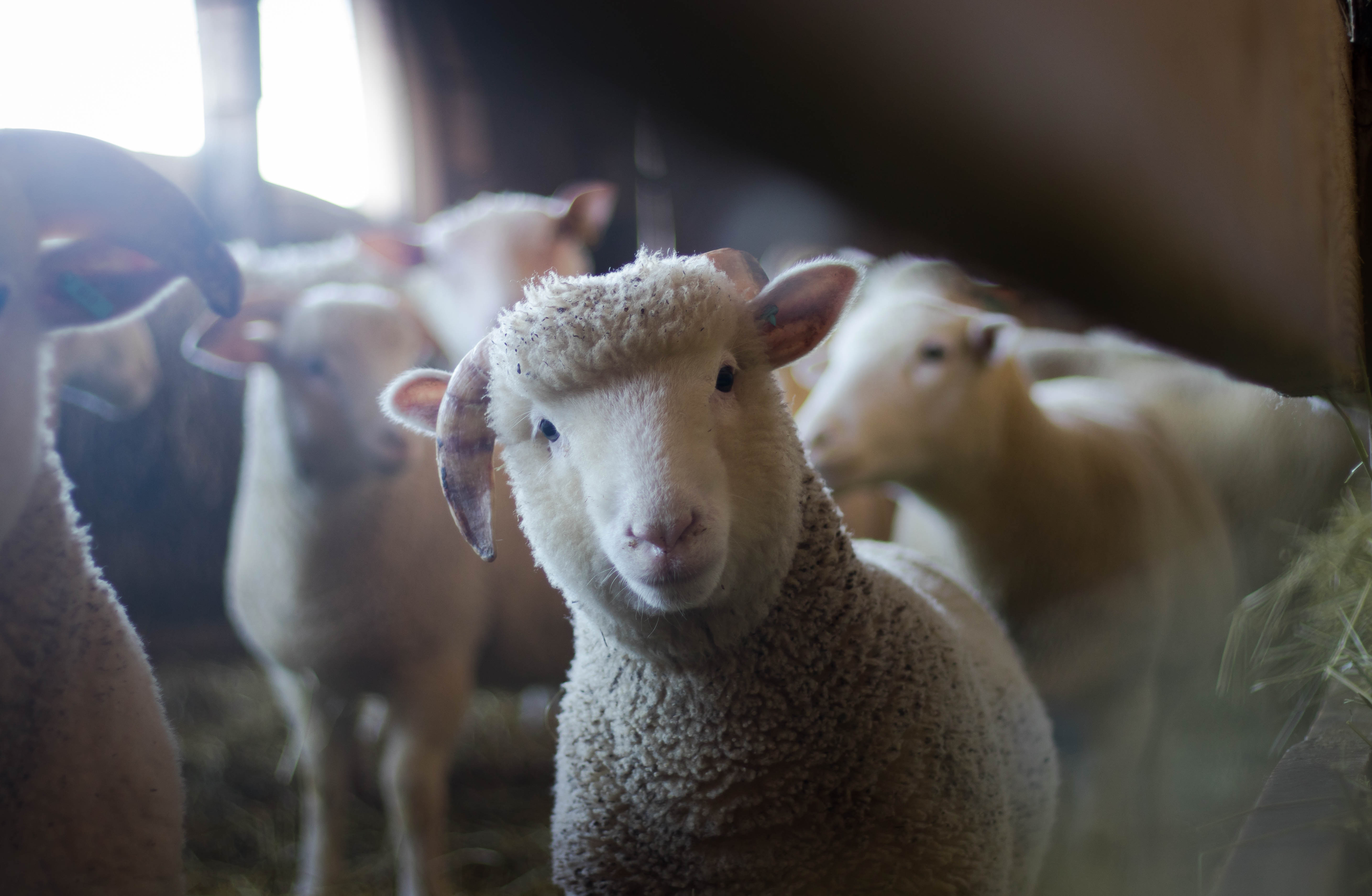
New Study published by Oxford University press challenges the statement “to feed the world, we need to double food production by 2050.”
A team of researchers lead by Mitchell C. Hunter recently released a study debunking pre-conceived notions that agriculture production needs to increase before 2050. The researches have rather stated that the world needs to specify quantitative targets and focus on introduction of sustainable farming practices across the board.
Achieving such radical yield increase by using the conventional farming intensification methods would require unprecedented output growth and have alarming negative environmental and social impacts. Moreover, the researchers indicate that this push for increase in growth production nurtures a produce-at-all-costs mentality, increasing the already negative aspects of conventional farming.
Hunter’s argument relies on the baseline data that was previously used by U.N Food and Agriculture Organization (FAO) and University of Minnesota to project the initial required increase in production to reach the overwhelming increase in population. Hunter is not disputing the methods of the original projections, however, emphasises the importance of using the latest data available (notably reconsolidated growth rates achieved in the past years). In turn, by using the latest data available, the team of researchers projects a slightly conservative yield increase of 26-68 percent required, optimistically assuring that requirements could be meet with the current growth pace.
The study does not negate the projected growth urgency nor does it lessen the support for research and innovation. Quite on the contrary, Hunter and his team call for researchers, farmers, policymakers and AgTech providers to consider introducing sustainable approach to all aspects of agricultural production, as well as focus on specifying quantitative environmental goals (such as reduction of soil erosion, nutrient losses, greenhouse gas emissions, and land conversion) that would counter the negative aspects of production.
Back in 2011, there has also been a push for sustainability in the agriculture sector from National Geographic, leading public academics and largest corporate agriculture stakeholders, including Monsanto, Cargill, and Syngenta.
The global agriculture industry is certainly under pressure to innovate and cater for the expected increase in population in the upcoming years, adhere to rigorous new regulations, compete in ever demanding ecosystem and reduce the ecological footprint. With that in mind, holistic approach is needed that will intensify sustainable agricultural practices.
